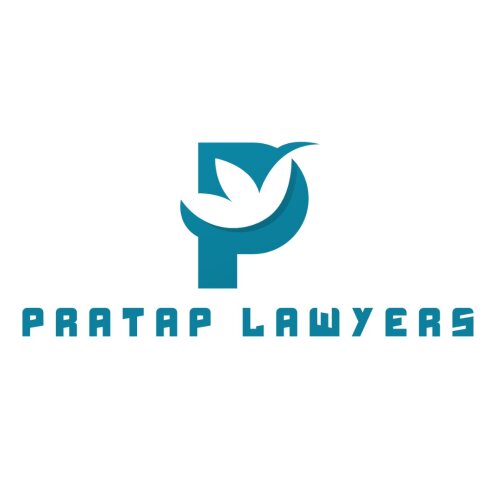Best Gaming Lawyers in Fiji
Share your needs with us, get contacted by law firms.
Free. Takes 2 min.
Or refine your search by selecting a city:
List of the best lawyers in Fiji
About Gaming Law in Fiji:
Gaming in Fiji is regulated by the Gaming Decree. This legislation governs all forms of gaming activities, including casinos, lotteries, and online gambling. It is essential to understand the legal framework surrounding gaming to ensure compliance and avoid potential legal issues.
Why You May Need a Lawyer:
There are several situations where you may require legal assistance in the field of gaming, such as applying for a gaming license, resolving disputes with gaming regulators, or navigating the complex regulations surrounding online gambling. A lawyer can provide valuable guidance and representation to protect your interests and ensure compliance with the law.
Local Laws Overview:
In Fiji, gaming laws are primarily governed by the Gaming Decree. This legislation outlines the requirements for obtaining a gaming license, sets out the rules for operating casinos and lotteries, and establishes penalties for non-compliance. It is important to be familiar with these laws to avoid legal issues and ensure a smooth gaming operation.
Frequently Asked Questions:
1. What types of gaming activities are regulated in Fiji?
In Fiji, all forms of gaming activities, including casinos, lotteries, and online gambling, are regulated by the Gaming Decree.
2. How can I apply for a gaming license in Fiji?
To apply for a gaming license in Fiji, you will need to submit an application to the relevant regulatory authority and meet the requirements outlined in the Gaming Decree.
3. What are the penalties for operating a gaming activity without a license?
Operating a gaming activity without a license in Fiji is a serious offense and can result in hefty fines and potential imprisonment.
4. Are there restrictions on who can participate in gaming activities in Fiji?
Yes, there are restrictions on who can participate in gaming activities in Fiji, particularly concerning age and residency requirements.
5. How can I resolve a dispute with a gaming regulator in Fiji?
If you have a dispute with a gaming regulator in Fiji, it is advisable to seek legal advice to understand your rights and options for resolution.
6. What are the regulations surrounding online gambling in Fiji?
Online gambling is regulated in Fiji, and operators must adhere to the rules set forth in the Gaming Decree to legally offer their services in the country.
7. Can I operate a casino in Fiji as a foreign investor?
Foreign investors seeking to operate a casino in Fiji must comply with the relevant laws and regulations, including obtaining the necessary licenses and approvals.
8. How often do gaming laws in Fiji get updated?
Gaming laws in Fiji are periodically reviewed and updated to reflect changes in the industry and address emerging issues.
9. What are the tax implications of operating a gaming business in Fiji?
Operating a gaming business in Fiji may have tax implications, and it is advisable to seek professional advice to understand your tax obligations.
10. How can I stay informed about changes in gaming laws in Fiji?
You can stay informed about changes in gaming laws in Fiji by regularly checking the official websites of relevant regulatory authorities and seeking legal advice from experts in the field.
Additional Resources:
For more information on gaming laws in Fiji, you can visit the website of the Fiji Gaming Commission or consult with a local law firm specializing in gaming law.
Next Steps:
If you require legal assistance in the field of gaming in Fiji, it is crucial to seek advice from a qualified lawyer with expertise in gaming law. They can help guide you through the legal process, protect your interests, and ensure compliance with the law.
Lawzana helps you find the best lawyers and law firms in Fiji through a curated and pre-screened list of qualified legal professionals. Our platform offers rankings and detailed profiles of attorneys and law firms, allowing you to compare based on practice areas, including Gaming, experience, and client feedback.
Each profile includes a description of the firm's areas of practice, client reviews, team members and partners, year of establishment, spoken languages, office locations, contact information, social media presence, and any published articles or resources. Most firms on our platform speak English and are experienced in both local and international legal matters.
Get a quote from top-rated law firms in Fiji — quickly, securely, and without unnecessary hassle.
Disclaimer:
The information provided on this page is for general informational purposes only and does not constitute legal advice. While we strive to ensure the accuracy and relevance of the content, legal information may change over time, and interpretations of the law can vary. You should always consult with a qualified legal professional for advice specific to your situation.
We disclaim all liability for actions taken or not taken based on the content of this page. If you believe any information is incorrect or outdated, please contact us, and we will review and update it where appropriate.
Browse gaming law firms by city in Fiji
Refine your search by selecting a city.
















